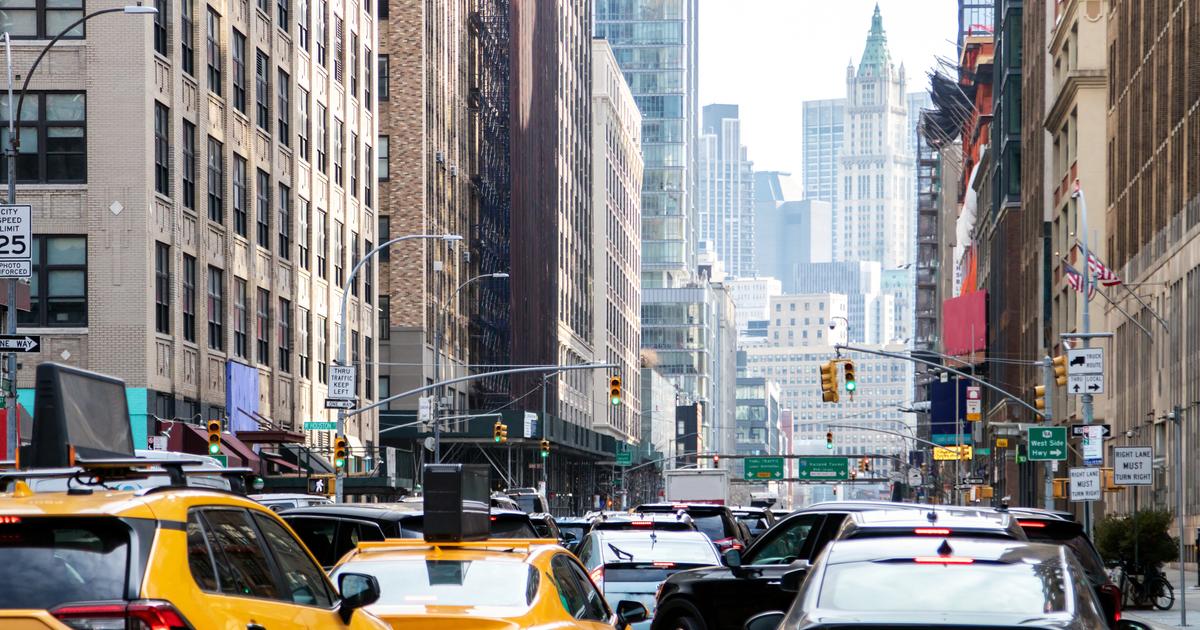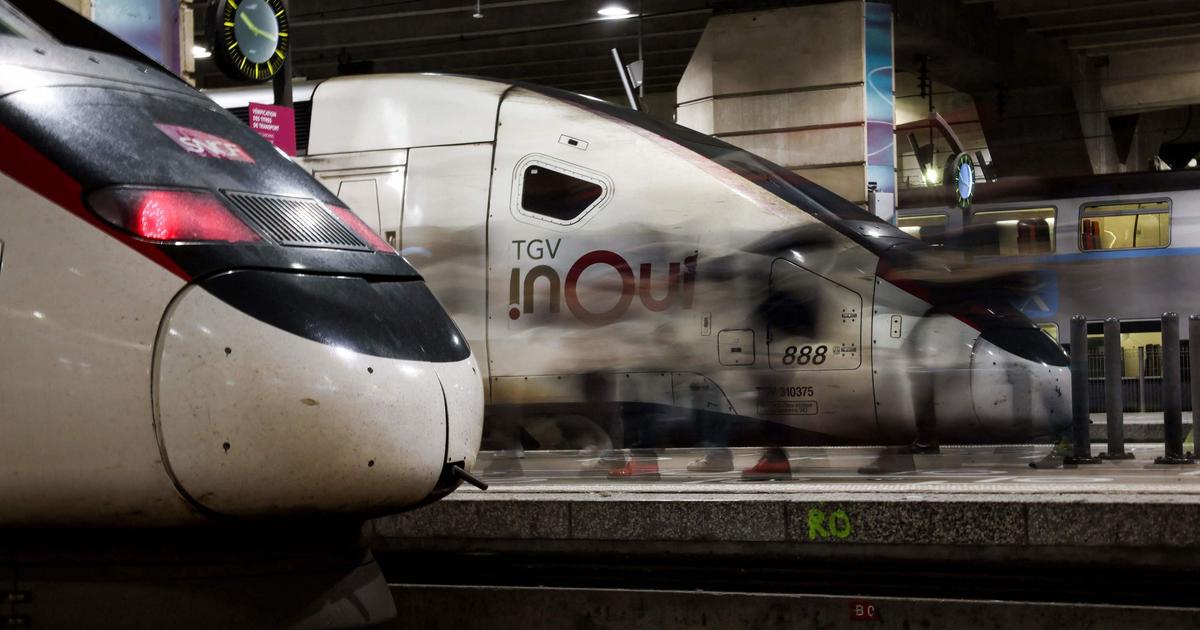The concessionaire Abertis did not wait until after midnight to make the gratuity effective in four of the highways (AP-7 and AP-2, owned by the state; and C-32 and C-33, of the Generalitat) that it operates in Catalonia and Aragon, and whose concessions have expired, and took advantage of an act this Tuesday with the Minister of Transport, Mobility and Urban Agenda, Raquel Sánchez, and the vice president of the Generalitat, Jordi Puigneró, to raise some tolls, including that of La Roca del Vallès (Barcelona).
As of this Wednesday, more than 550 kilometers of high-capacity roads that have been paid for decades are released.
The event was greeted with some toll-foot celebrations by platforms of the opponents of the payment methods.
En español
Tolls scrapped on more than 550 kilometers of Spain's freeways
Sánchez assured that the release of the AP-7 and AP-2 motorways will mean a saving of 752 million euros (662 million in Catalonia and 90 million in Aragon) for drivers who used them, but reiterated that the Government will seek a formula for that, as the European Union demands, all high-capacity roads have a payment formula "if we want a competitive road network that is sustainable". That "new formula in which it is working," he said, will be "homogeneous" for the entire territory and will have nothing to do with the toll formula used now.
Puigneró, for his part, made a harsh speech before the minister.
“We celebrate the end of state tolls and we share the joy, but we are not going to give thanks.
It is the State that must apologize to us for a sustained looting of almost 50 years without practically any free highway having been built in Catalonia, ”he said.
After the end of the four concessions, four express payment highways will continue in force in the community, all owned by the Generalitat.
More information
Abertis begins to report 334 dismissals due to the end of some of its tolls in Catalonia
These are the tolls that disappear in Catalonia and Aragon as of September 1
Catalonia assumes the largest release of tolls in full dialogue operation
The new scenario that opens this Wednesday will modify the traffic map and threatens an increase in the use of private cars without the administrations having provided, in return, incentives for public transport. Javier Ortigosa, doctor in traffic engineering and professor of sustainable mobility at the School of Civil Engineering of the Polytechnic University of Catalonia, warns: “There will be more traffic in Barcelona and land transport will work worse, especially that which does not have an independent infrastructure (as with the train) nor its own traffic light frequency (buses) ”. The expert warns of the risk of repeating the circulatory boom that occurred in Barcelona when its ring roads were put into operation: "It was thought of dispersing the cars that were there and over the years they have doubled."In his opinion, the only way that traffic does not increase is to make decisions quickly and remember that traffic causes 20% of polluting emissions, which is why Barcelona is in the EU's sights.
The president of the Platform for Public Transport (PTP), Adrià Ramírez, fears that this rebound will also take place. The Barcelona Metropolitan Area will monitor the impact that may be registered on traffic and air quality, especially in the metropolitan Low Emissions Zone and in the area of special atmospheric protection.
Gratuity on the four highways comes when public transport is far from recovering the volume of precovid passengers, while private transport has recovered with greater intensity part of the ground lost during the pandemic. This supposed increase in cars on the roads does not have to mean that the railway or bus network is going to lose passengers. In fact, the Barcelona City Council and operators such as TMB and Renfe deny that option. A Renfe spokesperson maintains: "Our speed, reliability and sustainability are much more important than the possible reductions from eliminating tolls." Along the same lines, Rosa Alarcón, Barcelona's Councilor for Mobility and president of TMB, the manager of the bus and metro network, declared: “We are going to follow it and study it carefully,but we believe that in short-distance trips the end of tolls will have little influence, because to the cost of moving by car we must add gasoline and parking, which do not disappear ”. "It is not only the toll that is valued when deciding to move by car," he sums up.
A missed opportunity
Despite these assessments, the PTP complains: “It is extremely worrying that these highways have been released without encouraging public transport.
This was the moment and we found ourselves with the usual inaction ”, denounces Ramírez, who lacks a bus-HOV lane at the entrance to Barcelona on the Diagonal or more frequencies of trains on the Maresme line, whose convoys crowded with people to go to the beaches have starred in several news this summer.
And he points out that, although short-distance public transport will hardly suffer loss of users, it could happen in the case of longer routes. "It scares us, it is a threat, but especially for medium and long-distance trips," says Ramírez. Along the same lines, Ortigosa points out that "With eight euros of toll, it was worth going by train, but now maybe not anymore."
The expert and member of the mobility commission of the College of Civil Engineers Álvaro Nicolás believes that the end of the tolls will cause a transfer of traffic from the roads that were not paid to the parallel ones that did have a cost for users, and that it is the golden occasion to pacify those that until now were gratuitous. On the other hand, he does not believe that the new scenario will cause a transfer from public transport to the car: "There may be cases, but it will not be significant, instead there will be a redistribution of traffic."

/cloudfront-eu-central-1.images.arcpublishing.com/prisa/KMKJBSQVMRGPFE4I6K4MOP5TLI.jpg)





